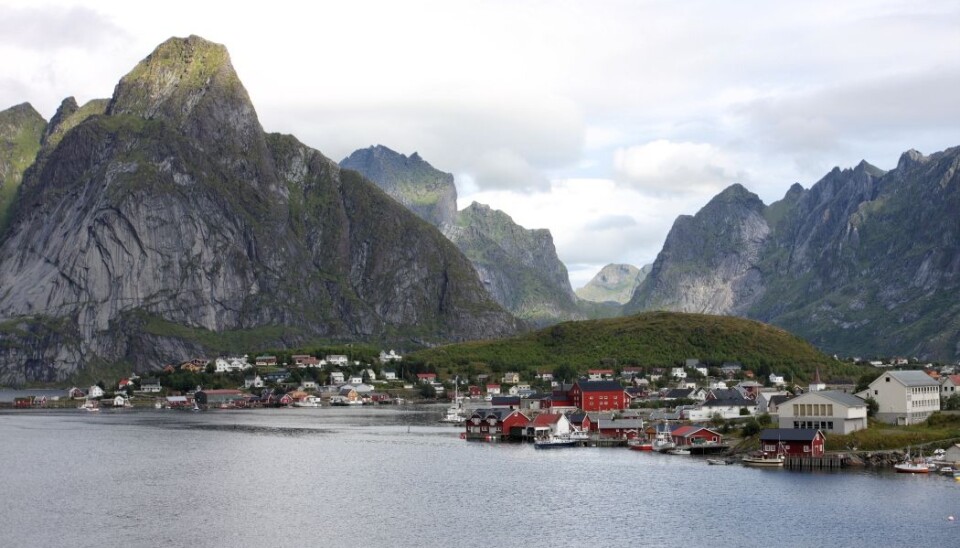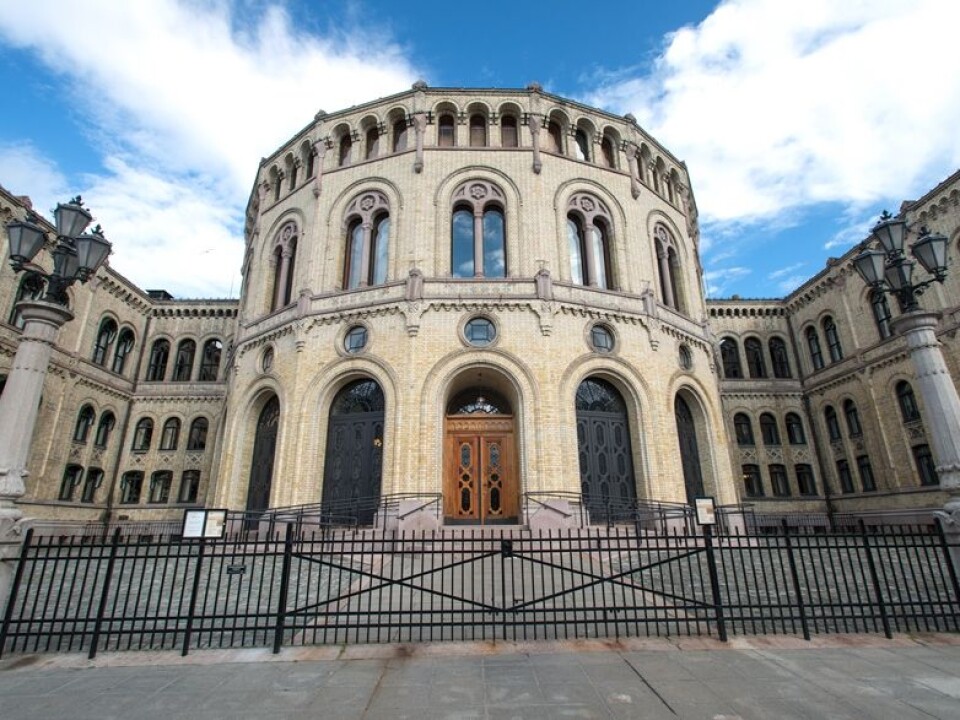An article from University of Oslo

Norwegian municipalities lack legal safeguards
Norwegian law does not offer enough protection for local self-government. That could have a dampening effect on the willingness of citizens to get involved in this most immediate form of democracy.
Denne artikkelen er over ti år gammel og kan inneholde utdatert informasjon.
It's a fundamental question that is argued out in ballot boxes and legislatures across the globe: What is the correct balance of power between local jurisdictions and national governments? How much power should be given to overarching government agencies and national governing bodies compared to local governments, where decision makers are close to the people being governed?
Europe has given an answer to this question in the form of the European Charter of Local Self-Government, which gives broad protection to the rights of cities and towns to govern themselves. But legal scholars say Norway, which has been bound by the charter for 20 years, has yet to come into compliance with it.
In fact, new research from the University of Oslo shows that the Storting (the Norwegian Parliament) and the state's governmental bodies both have overarching rights to govern local municipalities, with only weak safeguards for the power of local governments to govern themselves.
Not in accor
"Norway's regulations are not in accordance with the central provisions in the European Charter of Local Self-Government, and they also differ from the Danish, Swedish and French rules on this," says Sigrid Stokstad, who scrutinised the issue for her doctoral disseration at the Univeristy of Oslo's Faculty of Law.

Stokstad's dissertation examined self-government and the legal capacities to act that the Storting, state administration and municipalities possess in relation to each other.
Her goal was to clarify exactly what is meant by local self-government in Norwegian law, and to point out the legal means that could strenghten or weaken local self-government.
Sweden, Denmark and France
Stokstad says the European Charter requires that the principle of local self-government be established in law, and if possible be included in the Constitution.
Sweden, Denmark and France have all incorporated this protection in their constitutions, whereas the Norwegian Constitution lacks such protection. "Nor is the principle of local self-government clearly described in the Norwegian legal framework," she observes.

"This issue of having local self-government included in the Constitution has come up many times, but the Storting has rejected the proposal repeatedly," she adds.
The last word
In order for the state administration to be able to intervene with respect to the municipalities, its legal authority must be included in the code of laws.
Norwegian law grants the state administration comprehensive legal authorisation to examine and review decisions made by municipalities. At the same time, municipalities have an extremely limited ability to bring the state administration's decisions before the courts. Hence the state administration itself has the last word when legal provisions concerning the latitude of the municipalities to act are to be interpreted.
"The municipalities in Norway are more subordinate to the state administration than they are in Sweden, Denmark and France. Norway clearly distinguishes itself by broadly allowing different state agencies to review municipal decisions," says Stokstad.
Courts ought to decide
According to the Charter, nation states must have an internal system for ensuring that national authorities respect the right to local self-government. Local authorities must be able to go to courts or similar independent bodies in order to examine whether the state's administration is within the framework set by the national code of laws. Control by the courts would mean that national authorities could not exclusively determine the limits of their legal reach in governing local authorities.
"Here, Norway's fulfilment of its international obligations is deficient," says the researcher.
"Decisions by the municipalities are also examined and reviewed under Swedish, Danish and French law. But these reviews take place in bodies that are independent of the state administration," she adds. "Their municipalities are able to a much greater degree to have decisions by the state administration examined by the courts than our municipalities can."
Learning from others
Stokstad says there is value in comparing the different systems of governance found in the Nordic countries.
"It is natural to compare us with Sweden and Denmark because we are so alike. They are all models of Nordic welfare states that are able to elucidate different manners in which local self-government can be arranged in different welfare state models," she says. "France is known to be an extremely centralised state, although they have decentralised more of the power recently and also have constitutional provisions concerning local self-government."
Democracy up close
The lack of legal safeguards can have significant consequences for local self-government in terms of local political developments, Stokstad says.
"I believe there is an interrelationship between having the authority to make decisions and there actually being a local commitment. If the municipalities are drained of their power, it will probably be less interesting for citizens to be involved with them politically. Local self-government is the foundation for local democracy, and it is here where most people have the opportunity to experience democracy at close range."
Ambiguous messages
Stokstad says the Storting expresses two conflicting views when it comes to local governance. She believes it is this ambiguity that has prevented Norway from fulfilling its obligations under the European Charter.
"On the one hand, politicians praise self-government and highlight it as being important. On the other hand, politicians send a clear message that local self-government is of lesser significance by failing to give it legal safeguards," she says. "In Norway, we accept that municipalities have the latitude to act as long as they are not in conflict with national politics. If disputes arise, the interests of the municipalities must often yield to national interests. National authorities also take precedence in the other countries I have looked at, but the view that the state must decide is significantly stronger here."
































